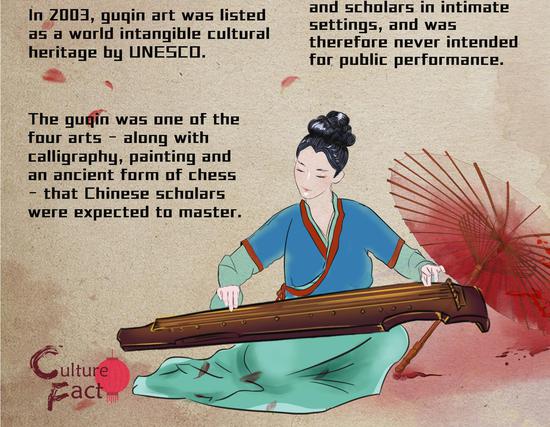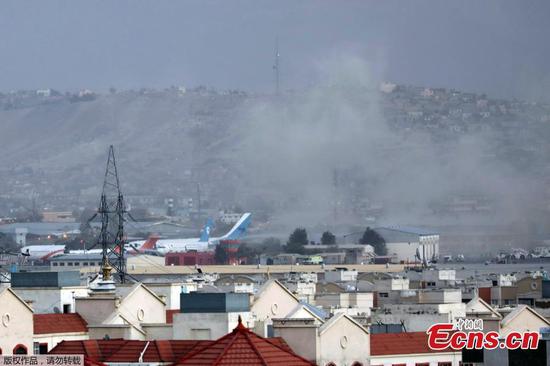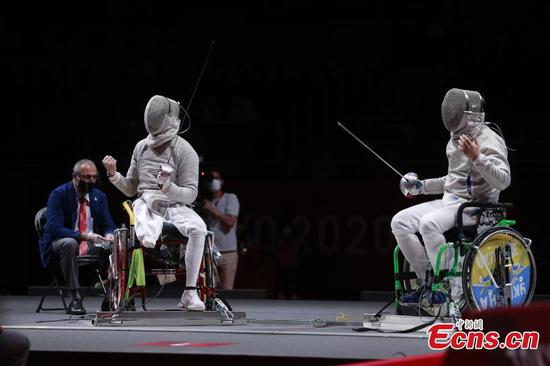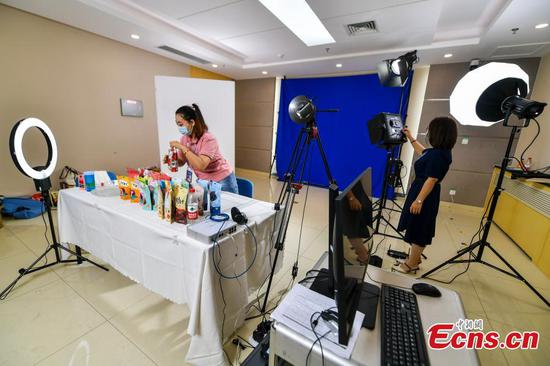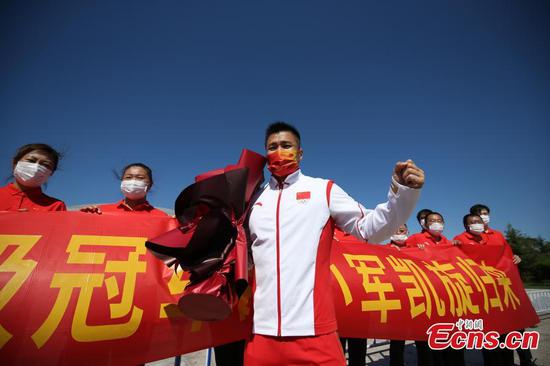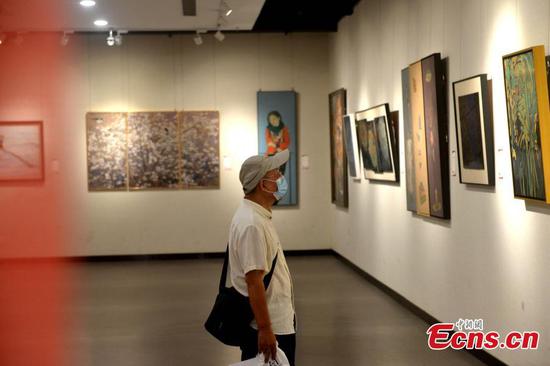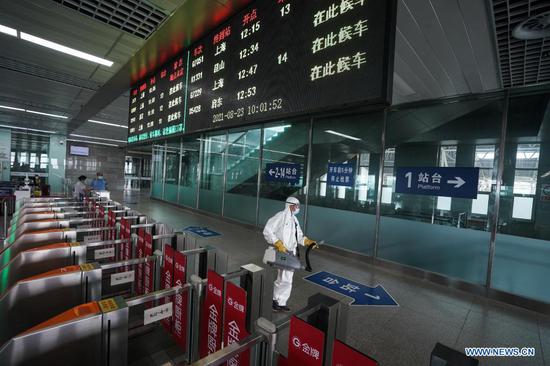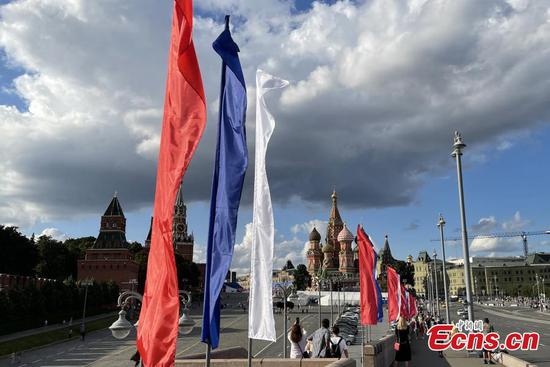Chinese State Councilor and Foreign Minister Wang Yi held a phone conversation with U.S. Secretary of State Antony Blinken on Sunday, exchanging views on the situation in Afghanistan and China-U.S. ties.
During the conversation, Blinken said that at a critical moment when the U.S. military withdrawal and evacuation from Afghanistan is nearing the end, Washington believes that the United Nations Security Council (UNSC) should speak in a clear and unified voice to show that the international community expects the Taliban to ensure the safe evacuation of foreign citizens and the Afghan people's access to humanitarian assistance, and to guarantee that Afghan territory cannot become a hotbed of terrorist attacks or a safe haven for terrorism.
Wang said that the situation in Afghanistan has undergone fundamental changes, and it is necessary for all parties to make contact with the Taliban and guide it actively.
The United States, in particular, needs to work with the international community to provide Afghanistan with urgently-needed economic, livelihood and humanitarian assistance, help the new Afghan political structure maintain normal operation of government institutions, maintain social security and stability, curb currency depreciation and inflation, and embark on the journey of peaceful reconstruction at an early date, he said.
Facts have proved again that the Afghanistan war never achieved the goal of eliminating terrorist forces in Afghanistan, Wang said, adding that the hasty withdrawal of the U.S. and NATO troops is likely to offer an opportunity to various terrorist groups in Afghanistan to resurge.
Wang urged the United States, on the premise of respecting Afghanistan's sovereignty and independence, to take concrete actions to help Afghanistan combat terrorism and violence, instead of practicing double standards or fighting terrorism selectively.
The U.S. side clearly knows the causes of the current chaotic situation in Afghanistan, Wang noted, adding that any action to be taken by the UNSC should contribute to easing tensions instead of intensifying them, and contribute to a smooth transition of the situation in Afghanistan rather than a return to turmoil.
Blinken expressed his understanding of and respect for China's concerns on the Afghanistan issue.
On China-U.S. relations, Wang noted that the two countries have recently conducted communication on such issues as the situation in Afghanistan and climate change.
Dialogue is better than confrontation, and cooperation is better than conflict, Wang said, adding that the Chinese side will consider how to engage with the United States based on its attitude towards China.
If the U.S. side also hopes to bring bilateral relations back on the right track, it should stop blindly smearing and attacking China, and stop undermining China's sovereignty, security and development interests, Wang said.
The U.S. side should take seriously the two lists China has put forward to the United States during the talks in Tianjin, as well as the three basic demands as bottom lines that China firmly upholds, Wang said.
Wang noted that China resolutely opposes the so-called investigation report on COVID-19 origins produced by the U.S. intelligence community recently.
Politicizing origins tracing is a political burden left by the former U.S. government, Wang said, adding that the sooner the U.S. side unloads this burden, the easier it will get out of the current predicament.
China once again urges the United States to stop politicizing the COVID-19 origins tracing, stop putting pressure on the World Health Organization, and stop interfering with and undermining the international community's solidarity against the pandemic and the global scientific cooperation on origins tracing, Wang said.
Blinken said the United States has no intention of blaming any country for the origins tracing of COVID-19. As major countries, both the United States and China have responsibility to provide all necessary information, thoroughly investigate the origins of the virus and avoid the recurrence of a pandemic. The United States is willing to stay in touch with China in this regard.








